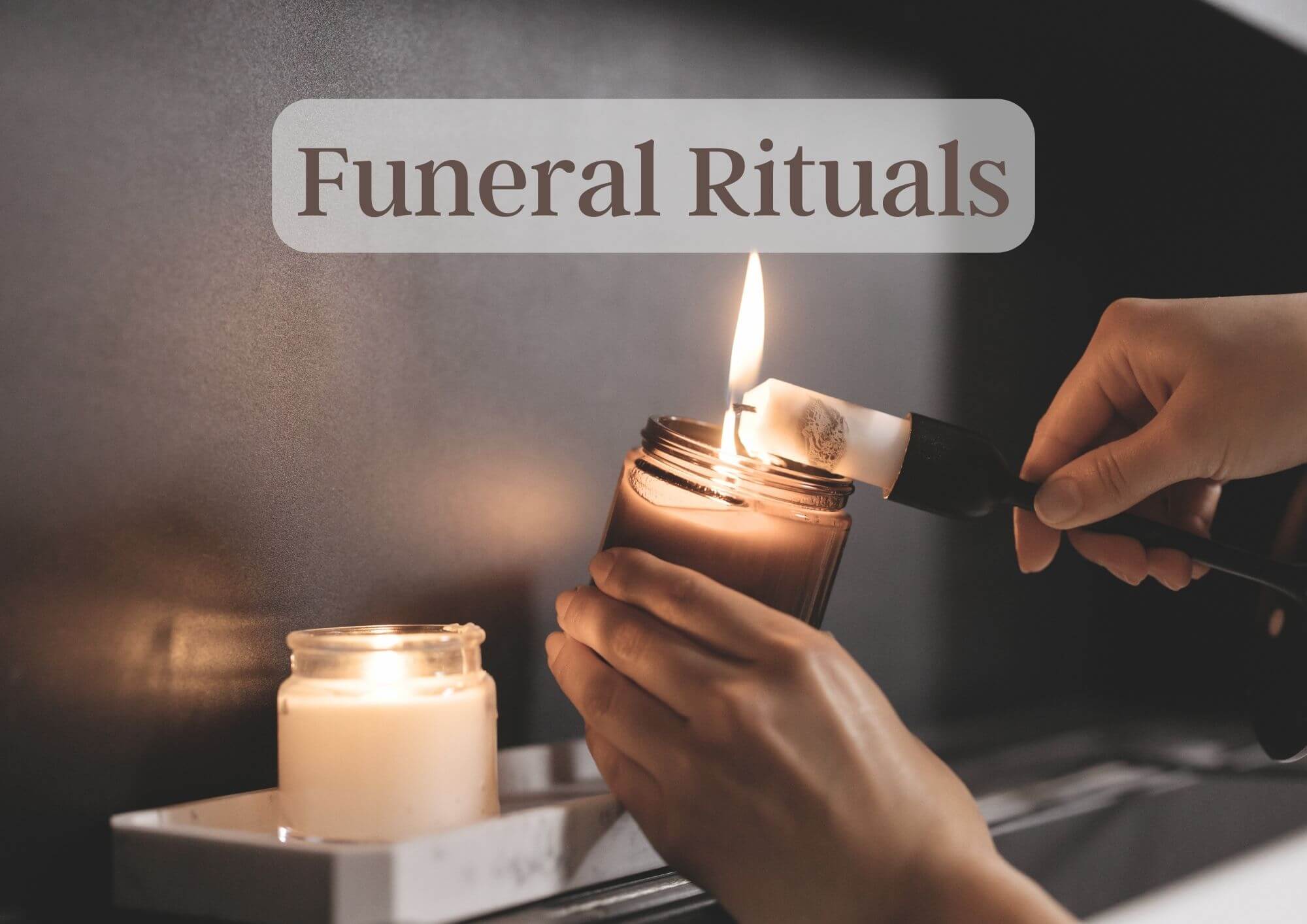Why rituals are important in the grieving process
As your local funeral director in Pascoe Vale South. We will guide you through the process of arranging a funeral or memorial service to honor your loved one. We will provide you with an understanding of why rituals are important in the grieving process.
While grief is a natural process, rituals can help us to navigate this journey. Rituals play a critical role in the grieving process. We’ll explore why they’re important and the different types of rituals that can help us honor our loved ones.
What are rituals?
Rituals are words or a set of actions that are performed to honor or celebrate something or someone special. In the context of grief, rituals provide a sense of structure and meaning to the grieving process. Allowing us to acknowledge and honor the life of our loved one.
Rituals have been an essential part of human culture for thousands of years. They play a crucial role in religious and cultural ceremonies. From weddings and births to funerals and burials. Rituals have the power to create a sense of community and belonging, bringing people together to celebrate or mourn.
In the context of grief, rituals in funerals are especially important.
Why are rituals important in the grieving process?
Here are some of the ways in which rituals are important in the grieving process:
They provide a sense of structure:
When we lose a loved one, our lives can feel disorganised and surreal. Rituals can provide a sense of structure and order. Helping us to navigate the grieving process and find meaning in our loss.
Honors the life of our loved one:
Rituals provide an opportunity to honor the life of the loved one we have lost. They allow us to remember and celebrate their life in a way that is meaningful to us.
Connects us with others:
Grieving can be a lonely and isolating experience. Funeral rituals provide an opportunity to connect with others who are also grieving. Whilst sharing our feelings and memories.
Provides a sense of closure:
Funeral rituals can provide a sense of closure. Helping us to begin the healing process and move forward with our lives.
Types of rituals in the grieving process:
There are many types of rituals that can be helpful in the grieving process.
Here are some of the most common types of rituals:
Funeral or Memorial service:

Funeral or memorial services are the most common type of ritual when a loved one has passed. These services provide an opportunity for family and friends to come together. To remember and celebrate the life of their loved one. As your local funeral director, we will assist you with these arrangements.
Commemorative rituals:
Commemorative rituals, such as lighting a candle or planting a tree. These can provide a way to honor and remember your loved one on special occasions. These may be birthdays or anniversaries. Your chosen celebrant or officiant can guide you through this process.
Rituals of letting go:
Rituals of letting go, such as scattering the ashes or releasing doves. These can provide a sense of closure and help us to begin the healing process.
Rituals of remembrance:
Rituals of remembrance, such as creating a memory box or journal. Can help us to preserve the memories of our loved one and keep them close to us.
Why rituals are important in the grieving process: In summary, rituals play a critical role in the grieving process, providing structure, meaning and a way to honor the life of our loved ones. The grieving process is unique to each and every person. Including rituals can help navigate this journey and assist us in finding a sense of peace and closure.
If you are looking for an affordable funeral director, we are here to help you.
Contact Us
Related blog posts
Flexibility when planning a funeral






